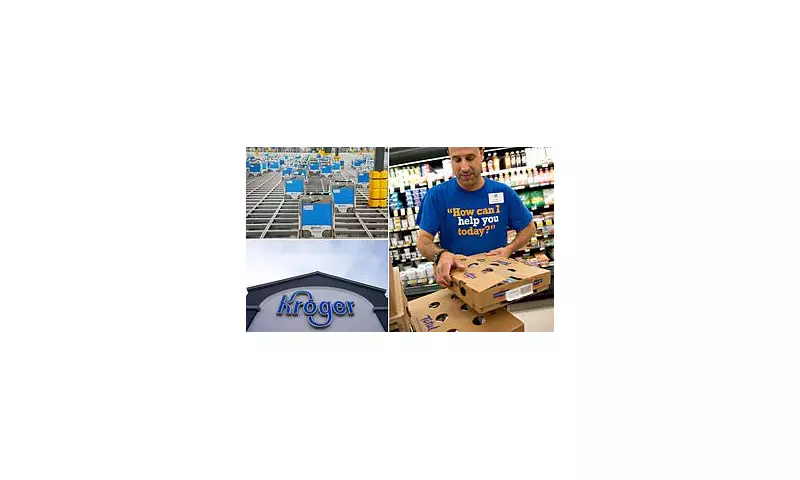
In a decisive move that marks its complete exit from the Sunshine State, the grocery behemoth Kroger has announced the closure of its last remaining operation in Florida. The company is shuttering three online-only fulfilment centres, including a key facility in Groveland, Florida, as part of a wider strategy to bolster profitable sales growth.
The End of an Era for Kroger in Florida
Kroger's decision to close its automated fulfilment centre in Groveland by January 2026 will see the company abandon its final foothold in Florida. This action directly impacts 1,400 employees who work at the site. The city of Groveland expressed its sympathy, stating, "This is an especially difficult time for employees to hear this news, and our hearts go out to those affected."
This is not Kroger's first departure from the Florida market. The grocery chain closed all its physical stores in the state back in 1988. For years, it continued to serve customers through online grocery delivery services powered by the now-closing Groveland centre.
A Competitive Landscape and Strategic Shift
The retreat from Florida highlights the intense competition in the state's grocery sector, which is overwhelmingly dominated by Publix. The rival operates 880 stores in Florida out of its roughly 1,400 nationwide. Earlier this year, Publix was crowned the best grocery store in the US by Newsweek, with Kroger ranking third.
Retail expert Neil Saunders of GlobalData explained the challenge, noting, "Kroger’s business in Florida is run through online grocery rather than traditional stores. This automatically puts Kroger at a disadvantage... without stores, the Kroger brand is not always on the radar of consumers." He added that Kroger "hasn’t really been able to make inroads with its online model" against such strong local competition.
The other two online fulfilment centres set for closure are located in Pleasant Prairie, Wisconsin, and Frederick, Maryland. Unlike in Florida, Kroger will continue to operate its traditional supermarkets under brands like Metro Market and Harris Teeter in those states.
Broader Business Strategy and Partnerships
These closures are part of a significant strategic pivot for Kroger. The centres were operated in partnership with the British online supermarket and technology group Ocado, with whom Kroger partnered in 2018. The company has recently signalled a potential retreat from investment in these automated warehouses, conducting a "site-by-site" review of the Ocado-built network.
Despite this, Kroger insists that eCommerce remains central to its strategy. Ron Sargent, Kroger's Chairman and CEO, stated, "We are building on a strong foundation with five consecutive quarters of double-digit eCommerce sales growth... We are taking decisive action to make shopping easier, offer faster delivery times, provide more options to our customers."
To that end, Kroger has been expanding its partnerships with third-party delivery platforms like Instacart, DoorDash, and Uber Eats to reach more customers with faster delivery times. The company does not expect the closures to impact its core sales.
This move follows other cost-cutting measures, including the layoff of nearly 1,000 corporate employees and the planned closure of over 60 underperforming stores by the end of 2026, actions initiated after its failed $25 billion merger with Albertsons.





